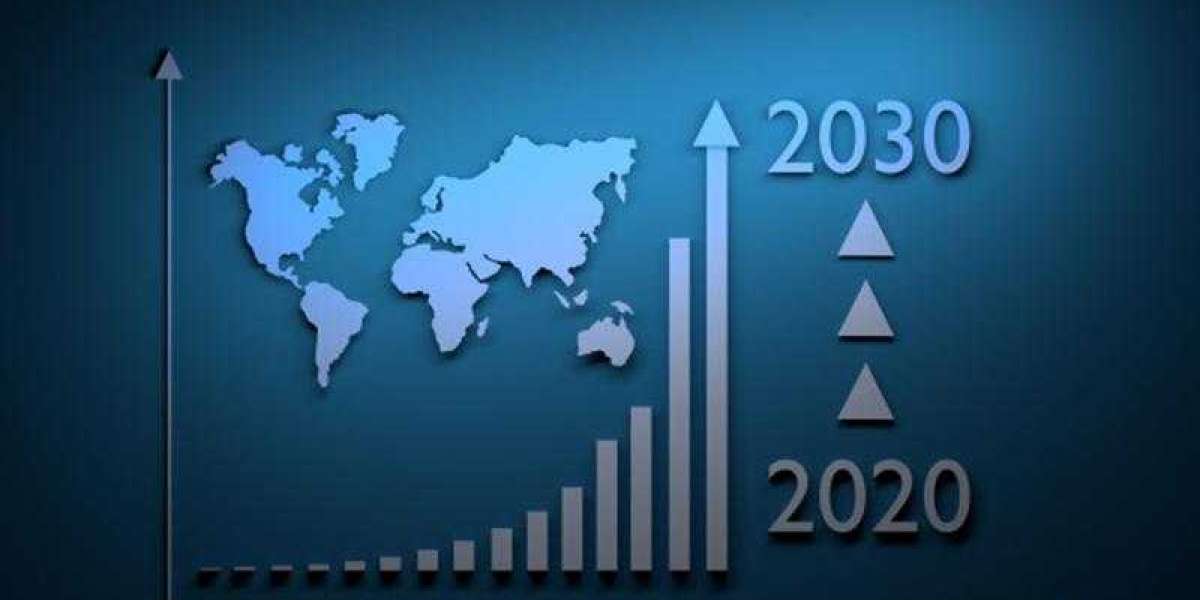Smart Waste Management: Managing Waste in the 21st Century
Global Smart Waste Management Market size is projected to grow at a compound annual growth rate (CAGR) of 24.38 percent, reaching a market size of USD 1.75 billion by 2030.
Waste management is an increasingly pressing concern for societies around the world. Our consumption of goods continues to rise, which has resulted in a corresponding increase in waste output. Traditional waste management methods, such as landfills and incineration, are becoming increasingly inadequate in the face of this challenge, and are not sufficiently sustainable in the long term.
The solution to this problem lies in modern technologies and innovative approaches that allow for more effective waste management. One such approach is "smart waste management," which combines technology with best practices to optimize the collection, transportation, treatment, and disposal of waste.
Request To Free Sample of This Strategic Report
What is Smart Waste Management?
Smart waste management is an advanced method of waste management that uses modern technology to optimize the entire waste management process. The concept involves integrating technologies such as sensors, GPS, and data analytics into traditional waste management methods, with the goal of reducing waste, increasing efficiency, and improving sustainability.
The smart waste management process involves several key steps:
Waste collection: Sensors can be installed in waste bins to track fill levels and determine the optimal time for collection.
Waste transportation: GPS devices can be used to optimize waste transportation routes, reducing the time and fuel needed for waste transport.
Waste sorting and treatment: Smart technologies can be used to sort waste more efficiently, allowing for recycling and disposal processes that are more sustainable.
Waste disposal: Modern landfill management practices can help to reduce the impact of waste on the environment, and can even generate energy from waste materials.
Benefits of Smart Waste Management
Smart waste management offers numerous benefits over traditional waste management methods. These include:
Reduced waste generation: With better waste sorting practices and increased recycling rates, smart waste management can reduce overall waste generation.
Increased efficiency: Smart waste management methods streamline waste collection and transport, reducing the time and cost involved in these processes.
Improved sustainability: By reducing waste and increasing recycling rates, smart waste management can contribute to a more sustainable future.
Cost savings: The increased efficiency and reduced waste generation associated with smart waste management can result in significant cost savings over time.
Examples of Smart Waste Management in Practice
Smart waste management is already being implemented in several cities around the world. Here are some examples:
Barcelona: The city of Barcelona has installed sensors in waste bins throughout the city to track fill levels and optimize waste collection routes.
San Francisco: San Francisco has implemented a "zero waste" policy, with the goal of diverting all waste from land.








